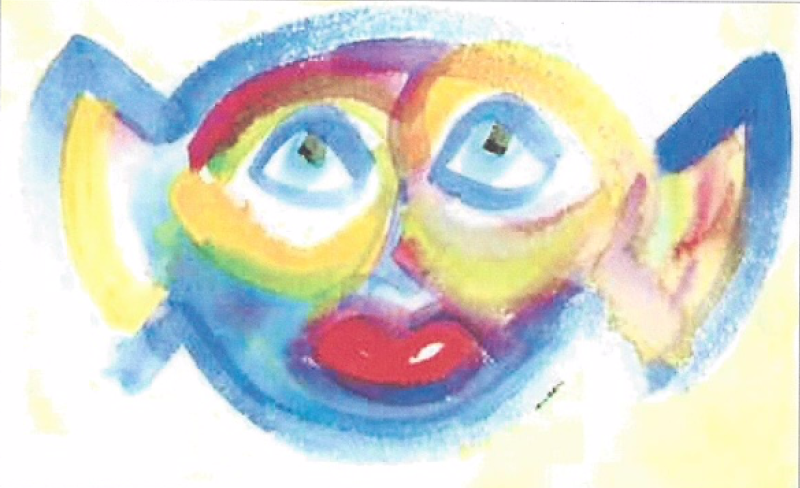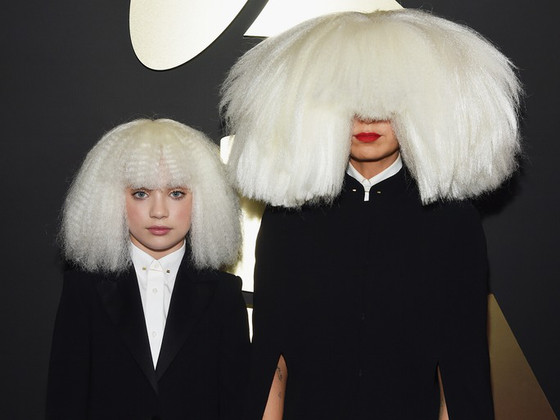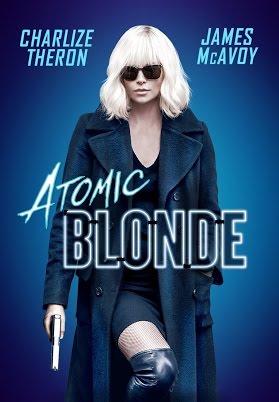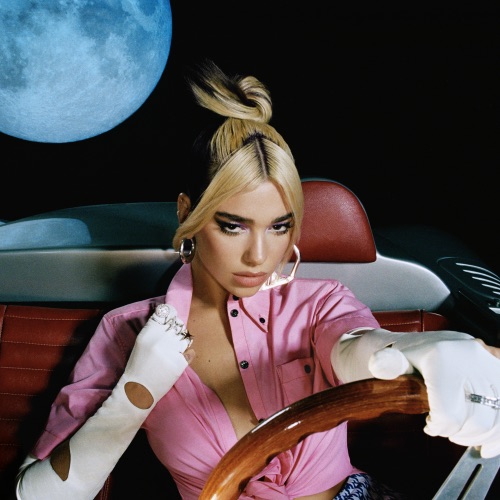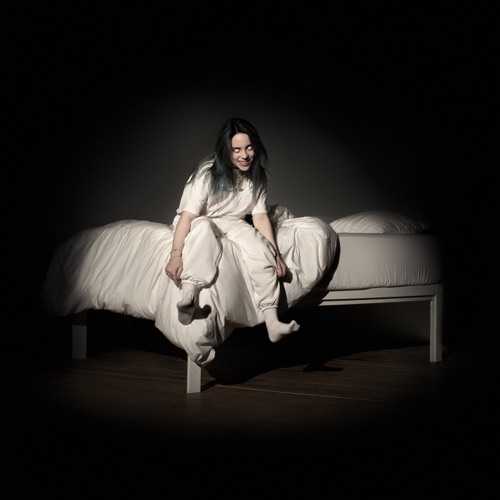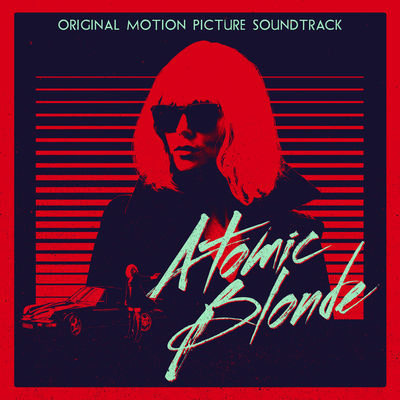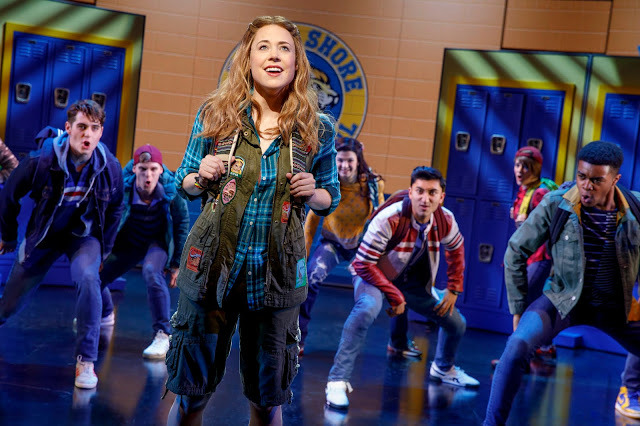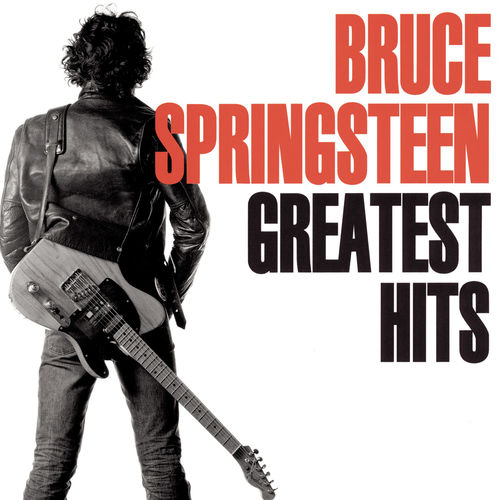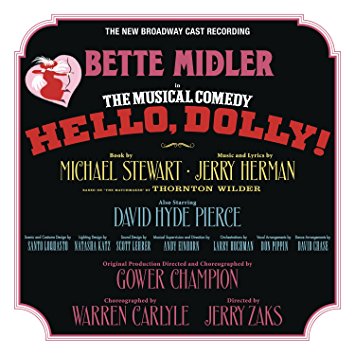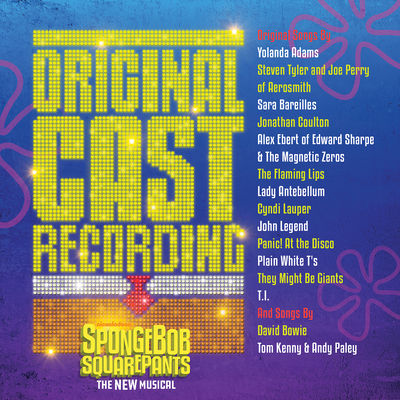SUZAN-LORI PARKS' 'WHITE NOISE' - 40 DAYS A SLAVE
 Monday, April 15, 2019 at 5:11PM
Monday, April 15, 2019 at 5:11PM 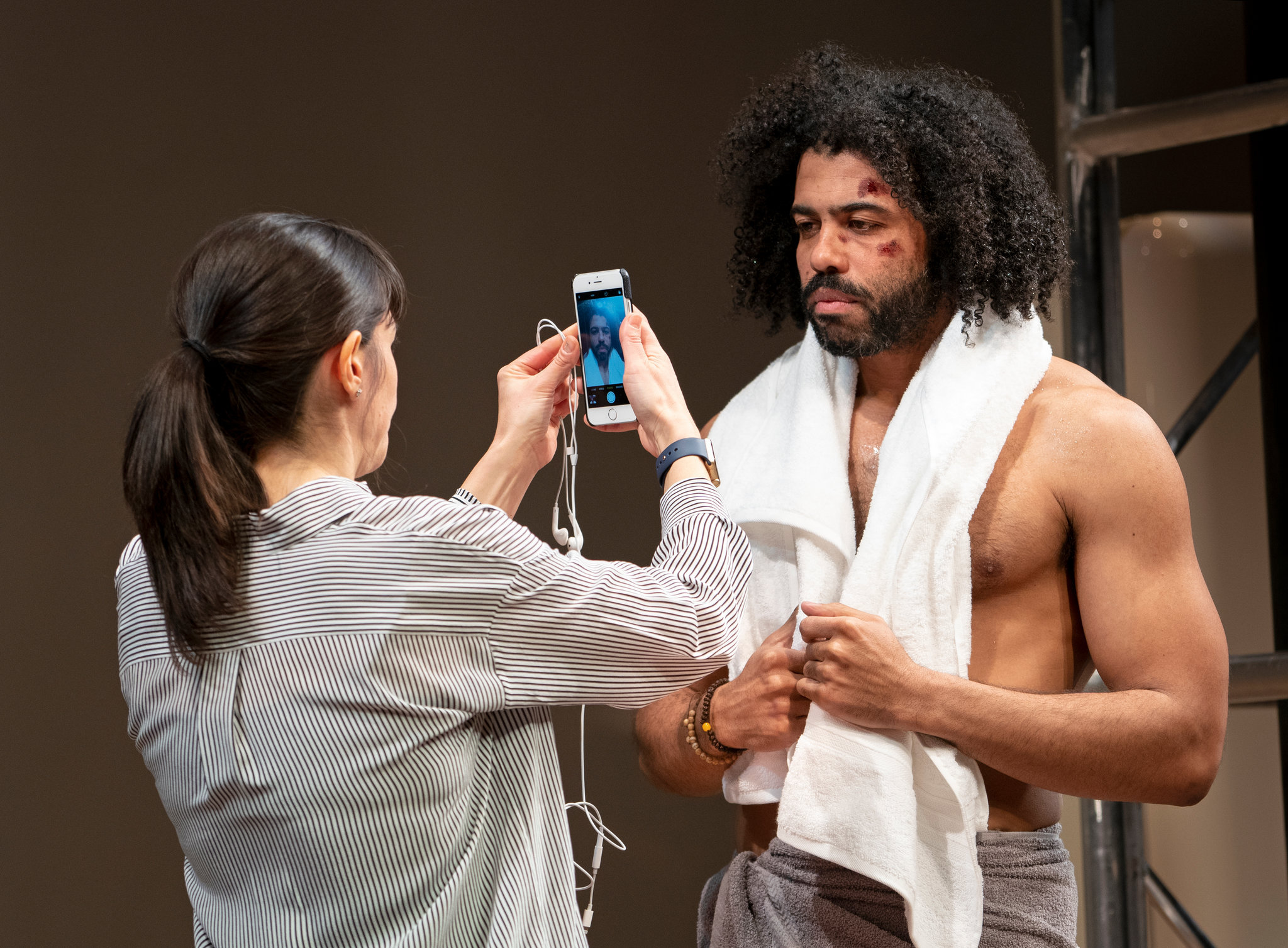 Zoë Winters and Daveed Diggs
Zoë Winters and Daveed Diggs Parks is first African-American woman to win the Pulitzer in Drama (no biography of her lets you forget it).
She regularly applies rich language, symbols, metaphor and an ever-changing stylistic lens (symbolist fever dream; Brechtian fable; Homeric epic) to the troubled subject of racial and sexual identities, resulting in a body of work of striking originality.
Parks’ 19th play, “White Noise,” recently made its debut at the Public Theater, and it just might be the writer’s first venture into the realistic genre – at least during its first half. The realism takes on surrealist overtones as the three-hour-long play charges to its conclusion.
But it is not all that easy to apply the label of “surreal” to Parks’ acute dramatization of the impossibility of blacks and whites achieving a legitimate friendship And we happen to living in a time so surreal that the current administration chalked up more than 200 examples of racism in the first 19 months of its existence and appears to have an ideological commitment to enabling white supremacists.
Credit a new classification system renders for rendering it impossible for the public or even elected officials to know whether the FBI is dedicating resources to investigating the very real threat of white supremacist terror or if those resources are going toward the harassment of Black Lives Matter and civil rights workers.
“White Noise” is fascinating and disturbing, and it inspired a journalist to ask the author if she was “conscious of the fact much of the audience at your plays is white?”
Parks had the perfect answer: “Yes, but they’re ready to do the work. It might still freak them out, but they are excited by the engagement that I’m asking of them . . . My job, to quote James Baldwin [her former teacher], is to make you conscious of the things you don’t see.”
I was ready.
The play revolves around two interracial couples who are best friends, Leo (Daveed Diggs) and Dawn (Zoë Winters), and Ralph (Thomas Sadoski) and Misha (Sheria Irving), with the narrative threaded through the character of Leo.
Leo is a black visual artist; Dawn, an ambitious criminal defense lawyer; Ralph, a wealthy unpublished novelist and part-time college writing professor; and Misha the host a live-streamed, call-in web show accurately titled “Ask a Black.”
Leo previously dated Misha and Ralph dated Dawn.
“And then we all broke up and … got reconfigured in different ways,” explains Leo.
The “reconfiguration” includes three years of Dawn and Misha sharing a secret sexual involvement and a continuation of Ralph’s incurable cheating habit.
The foursome exudes a cool and contemporary, thirty-something urban hipster vibe. From a distance, they seem to be inhabitants of a real-life version of a fantasy post-racial America free from racial preference, discrimination and prejudice where color does not matter.
Looking closer tells another story.
Parks provides each member of the quartet with a potent monologue. Leo’s soliloquy launches the play.
He tells the audience he has suffered from insomnia since the age of five and “the shortage of sleep has made me, you could say, edgier, than most people. And angry. And so, I’m the fractured and angry and edgy black visual artist.”
Ralph and he “love” each other, and Ralph has gifted Leo with a white-noise machine. Leo used the device for a year and it helped. But the white noise clouded his brain and he could not paint.
For that reason, he jettisoned the apparatus. Yet the sound of white noise remains embedded in his brain, stressing and exhausting him.
When Leo can’t sleep, he walks. On the previous night, he walked to the white neighborhood he’d love to live in someday and was accosted by cops who smashed his face into the ground. Leo genuinely thought he was going to be shot just like he always sees happening to black men on the news.
Now he’s in really terrible shape. He is an artist without a gallery which makes him feel like a failure. He has lost his creative inspiration. And his experience with the cops has unleashed his deepest fears about the racist world he inhabits.
Leo desperately wants to inoculate his mind against the steady accumulation of white noise from both the white noise machine and the pain and injustice a black man experiences in a racist white society.
In another part of town, buddy Ralph is facing his own crisis.
Normally, he operates the camera while Misha “acts black” on her web show. But the normally jocular and supportive boyfriend is so upset and angry he interrupts the taping in order to vocalize his distress.
Ralph is a writer who has never published, never been loved by his father, raised poor and never has felt he was good enough.
Even though he has inherited “a robust chain of bowling alleys coast to coast” worth millions from his absentee father, he continues to feel powerless.
The one thing that was going to make him feel whole was a tenure-track promotion he was “promised” at his college day job.
But Ralph was passed over. Even worse, the position went to a candidate who writes sonnets, comes from Sri Lanka, has dark skin and identifies as black.
The “betrayal” haunts him. “A second-rate person has my job just because that second-rate person is black,” bellows the infuriated victim of reverse discrimination.
Even though Masha refuses to cut him any slack, he refuses to let up.
The four friends often go bowling after hours in their traditional hangout, an empty alley and one of the many owned by Ralph.
Clint Ramos’ extremely spare stage design has the wit to include two little dug-out channels that deliver bowling balls to the players, Xavier Pierce’s flashing lights amplify the illusion of a bowling alley, and screens mounted around deliver the scores of the competitors.
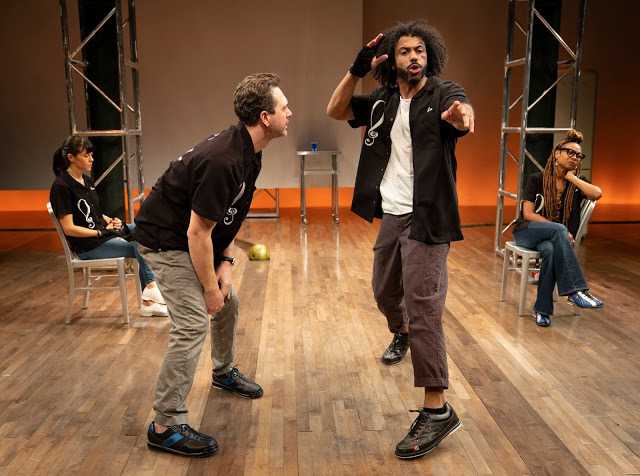 Zoë Winters, Thomas Sadoski, Daveed Diggs and Sheria Irving
Zoë Winters, Thomas Sadoski, Daveed Diggs and Sheria Irving
During a break, Leo proposes a “totally far-out idea that could solve everything.”
“I would like to be owned,” he tells Ralph. “Make me your property.”
In the old days, when a slave had a master and he was a good slave, he was protected by the master. Leo has a desperate need to feel safe, protected and respected, racism has exhausted him, and he has run out of options, leading him to the conclusion only his best friend’s wealth and skin color can protect him.
He is so serious he has brought along a contract. For 40 days he’ll be Ralph’s “Enslaved Person,” in exchange for the “protection” that a “Big Somebody” like Ralph can offer from “the man.”
In return, he will be paid $89,000 he will use to eliminate his credit card debt and college loans.
Leo adds that the experience will allow him to explore his heritage and his anger, and serve as a means of “showing the world how far we’ve not come.”
Initially, the women and Ralph are horrified by the idea – it is awful idea and doomed to backfire and fail - but it is hard to say no to Leo.
There also is the sense that something about the venture has an enigmatical appeal to both men. They are players and Leo has come up with a tempting brand new game.
The second half of “White Noise” dramatizes the real-life, real-time 40-day experiment.
Almost immediately (and surprisingly), Ralph becomes intoxicated with his power over Leo and the master-slave relationship allows him to act out the white resentment that turns out always to have been lurking in him.
One uncomfortable tableau follows another.
In one appalling sequence, Ralph brings Leo a slave collar and insists that he wear it. As Leo puts on the hideous and sadistic fetish device, I gasped out loud.
And I was not the only one.
The shock of the revolting image is still with me.
Ralph also cultivates a terrifying group of “new friends,” an upper-class white supremacist group that gets together to talk about how they “don’t want to be passed over or excluded or disenfranchised.”
“We’re just a little sore. It’s kind of a big sore, actually. Festering,” explains Ralph.
Misha and Dawn are compelled to come to grips with the truth about their respective backgrounds.
In her monologue, Misha explains she is the daughter of two fiercely loving, academically high-pressure “very black” mothers and was raised by the lesbian professors in a mostly-white college town. Her upbringing has left her with a perpetually exhausting black identity crisis, oscillating between the way she was raised and the elf-created street” character she plays on “Ask a Black.”
Dawn’s monologue deals with how she was raised to devote her life to social justice, and how she has compromised herself by successfully defending a young black man she knew was guilty because of her own white-savior complex.
As “White Noise” hurtles toward its conclusion, it comes down to two men, master and slave, alone in a bowling alley and seemingly destined to destroy each other.
But it’s a standoff. The affection between them? Over. Their seemingly happy history? Erased.
Racism and power relations have taken care of that.
But in a burst of irony, Leo starts drawing again. Misha’s show takes off. Dawn ends up with a better job. Ralph gets published in The New Yorker.
I have listened and I was left wondering whether there is a master-slave relationship buried in each of us and what exactly do we wrap ourselves in order to keep from hearing the lies that we live by?
“White Noise” is a provocative play.
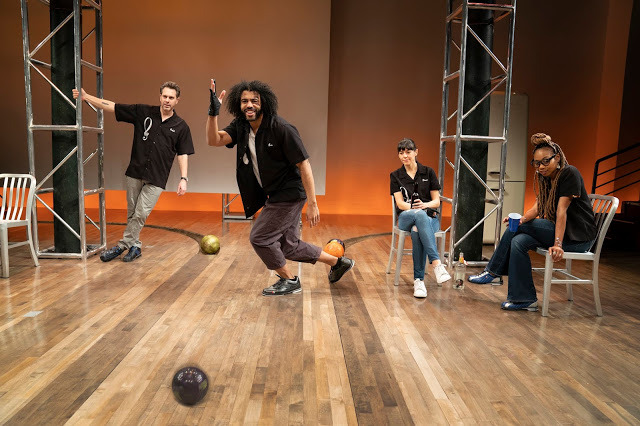 Thomas Sadoski, Daveed Diggs, Zoë Winters, and Sheria Irving
Thomas Sadoski, Daveed Diggs, Zoë Winters, and Sheria Irving
 Henry Edwards | Comments Off |
Henry Edwards | Comments Off | 
